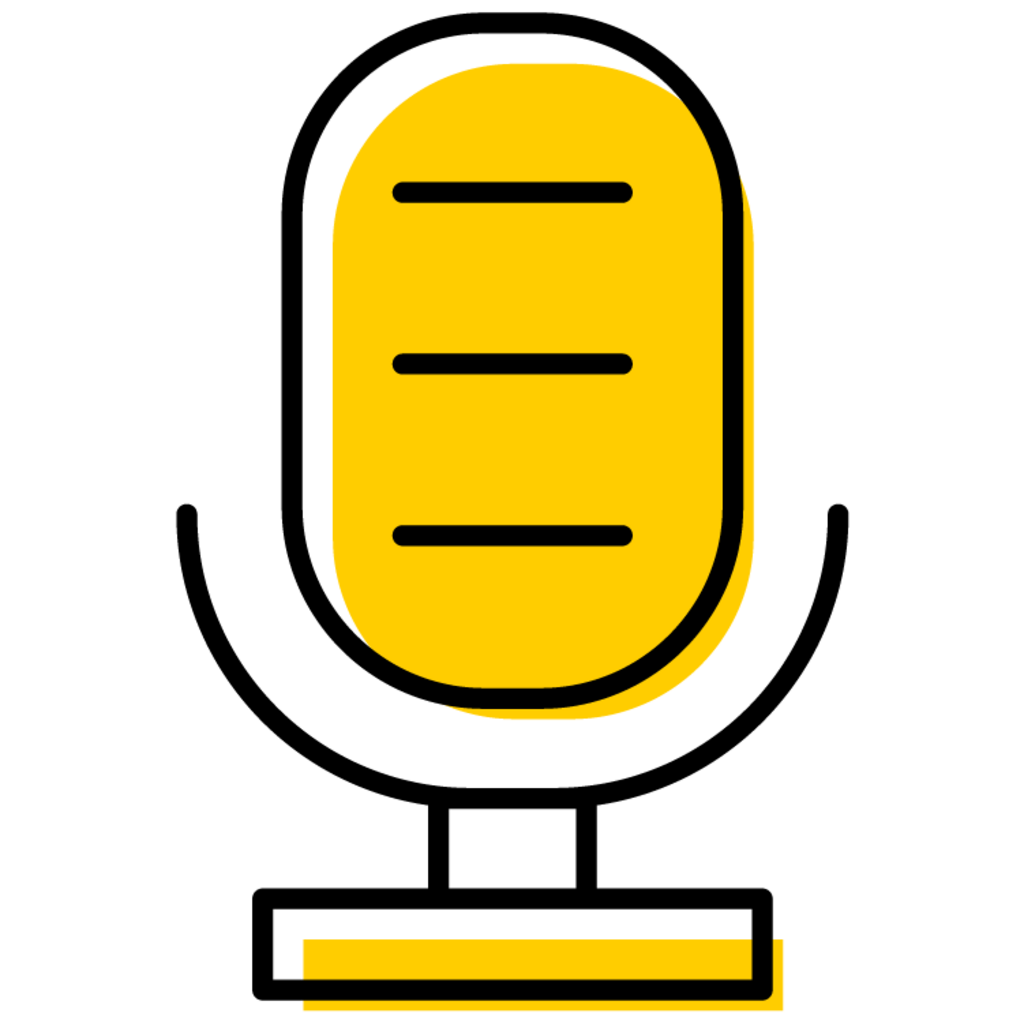
Expectations of Instructors
Prospective instructors are expected to have prior course design and teaching experience in higher education, relevant credentials, and professional experience in the subject area you wish to teach in. If you are considering submitting a proposal to teach a First-Year Seminar, please keep in mind that these courses introduce new, first year students to important principles and academic expectations that will help them be successful in their college courses.
Before submitting a proposal to teach a First-Year Seminar, prospective instructors should also consider whether you are familiar enough with the University of Iowa to guide new, first year students through their college transition. This includes considering your level of knowledge with academic and non-academic resources available to students and experience with supporting undergrads as they learn to navigate the University of Iowa and college life in general. While First-Year Seminars are not college-transition courses, these seminars do serve as important introductions to college-level learning and collegiate expectations.

Instructor Authorization and Eligibility
Authorized Instructors
Only instructors who have submitted a proposal to teach a First-Year Seminar can be approved to offer a First-Year Seminar. A proposal must be submitted every year- even if you have taught or are currently teaching a seminar that was previously approved through the proposal process. Instructors must receive consent from your DEO or direct supervisor prior to submitting a First-Year Seminar proposal during the proposal period. Instructors who have not received consent to submit a proposal will not be considered for approval.
Eligible Instructors
Faculty and executive and instructional staff may submit a proposal for consideration. Merit and SEIU staff, undergraduate/grad TA's and research assistants, graduate/professional students, post-baccalaureate research interns, fellows and medical residents, non UI-employed, or community/professional affiliates are NOT eligible to teach a First-Year Seminar, even as a co-instructor.
Local community members or visiting scholars are not eligible to teach a First-Year Seminar, even as a team teacher or co-instructor. While adjunct faculty are eligible to submit a proposal, they must have prior relevant higher ed teaching experience and strong academic ties to the University of Iowa to be considered for teaching a First-Year Seminar.
Prior experience teaching in higher ed is required; experience teaching first year or lower-level undergrads is preferred.
Individual colleges and departments may have additional requirements.

Policy on Syllabus Requirements
All instructors should refer to their home collegiate and departmental syllabus requirements for syllabus design. Instructors teaching a course in College Success Initiatives (CSI) and Undergraduate Research Studies (URES) should refer to the University College guidelines, which follow very closely CLAS syllabus policies and syllabus insert requirements. Another source for syllabus information can be found on the University of Iowa Office of the Executive Vice President and Provost website.
During the seminar proposal process, instructors should upload a syllabus that follows their home department's syllabus structure; if approved to teach in URES, adjustments should be made as applicable.
For University College courses (CSI or URES), the University College governs class policies on matters such as requirements, grading, and sanctions for academic dishonesty. In addition, courses in the University College should reference University College as the administrative home including contact information for Andrew Beckett, Associate Dean of University College, 310 Calvin Hall.
Instructors are encouraged to review your syllabus often to ensure all required policies and guidelines are followed.

Policy on First-Year Seminar Delivery Format
First-Year Seminars are offered exclusively in person and are not designed for online or hybrid delivery. In the event of an unexpected circumstance that prevents an in-person meeting, instructors may choose to hold that week’s class session online rather than cancel it.

Policy on Scheduling a First-Year Seminar
First-Year Seminars are limited to 16-20 students, cannot be offered through distance education or online (must be taught face-to-face), may be team-taught by up to two instructors, and meet for a total of at least 750 minutes over the course of the semester.
First-Year Seminars do not have quizzes, tests, or exams and do not meet during Final Exam week.
To reach 750 minutes, seminars could be scheduled for...
15 50-minute sessions:
One per week for 15 weeks (standard semester-length course) or
Twice per week for 7.5 weeks
10 75-minute sessions:
One per week for 10 weeks or
Twice per week for 5 weeks
Seminars may meet for the entire semester, or may be offered off-cycle. For example, a seminar may be offered for 75 minutes per week for the first 10 weeks of the semester. Off-cycle courses must start during the first week that undergraduate classes are in session. Seminars that meet on Mondays must be scheduled for an additional 5 minutes to make up for missed class time due to the Labor Day holiday.
All first-year seminars are required to begin during the first week of undergraduate classes; exceptions to this policy must receive prior approval by contacting angela-lamb@uiowa.edu.

Policy on Canceling First-Year Seminars
Cancelations Due to Low Enrollment
We work closely with the Academic Advising Center and other campus partners to ensure students are aware of First-Year Seminars and have the opportunity to enroll in them. However, if enrollment in a seminar remains too low, we may need to make the difficult decision to cancel a course.
Students begin to register for fall classes during summer orientation in late May and early June. We monitor seminar enrollment closely throughout June and July and typically begin to make cancelation decisions around the half-way point of the June/July sessions because this is when the bulk of students enroll in their fall courses. Cancelation decisions are final. We do not keep low-enrollment seminars scheduled until August orientation sessions to "see how enrollment goes" as those sessions are not held until just days before the start of the semester. The number for "low enrollment" is determined each summer and may change from year to year.
Any seminar still listed after August 1 can be assumed to be offered.
Cancelations Due to Unforeseen Circumstances of the Instructor
We understand that sometimes unforeseen circumstances arise and instructors are no longer available or able to teach their First-Year Seminar. If an instructor needs to cancel, and students have not yet registered for classes, contact Angie Lamb (angela-lamb@uiowa.edu) immediately to coordinate cancelation of your seminar. If students have already registered, depending on the number of students already enrolled, this may require some additional planning. You should also contact Angie Lamb immediately and be open to assisting with next steps.

Policy on Grades and Grading in First-Year Seminars
To encourage students' active participation, instructors rely on classroom participation, papers, projects, and other interactive assignments, and, consequently, instructors agree not to use quizzes or exams as part of the evaluation of student work. Quizzes or exams cannot be part of the evaluation of student work in a First-Year Seminar. These courses provide students an opportunity to explore subjects new to them. The no-exam policy encourages students to move beyond their comfort zones to tackle new academic challenges. Student learning in First-Year Seminars can take place through active classroom participation, well-crafted papers, thoughtful discussion, and well-planned and executed projects.
Courses must be offered for graded (A-F) credit. Instructors should decide whether or not to use plus and minus grades; however, the syllabus should tell students clearly whether plus or minus grades will be used. Typically, A+ grades should not be used in a First-Year Seminar and grading scales should be adjusted to communicate this to students.
For grade approval, instructors should follow the usual practices of their departments, and submit course grades as they would for any other course, but no later than the registrar's deadline for undergraduate course grades.
Specific and detailed suggestions on how to draft an effective grading rubric, and other course design resources, can be found on the Center for Teaching website.
Please remember that for one hour of credit, students should be asked to do approximately two hours of work outside of the classroom each week. One of the most frequent topics of discussion among instructors has been about grades and grading. Given the nature and size of the class, the course grade distribution will probably not correspond to a standard distribution; as always, grades should be based on the quality of student work, not on a pre-determined expectation about the percentage awarded of any particular grade.

Policy on End-of-Seminar Course Evaluations
End-of-semester (or end-of-seminar) course evaluations are required for First-Year Seminars. Instructors should use the course evaluations, and follow all associated policies developed by their department (just as they would for any other course). Course evaluation results are not available until after final grades have been submitted.
Course evaluations are automatically scheduled when your First-Year Seminar is added to MAUI/MyUI. For those offering their course outside of University College, please confirm that your course scheduler did not opt out of the course evaluation when scheduling your First-Year Seminar.
Instructors are encouraged to set aside some time in class for students to complete their evaluations and/or remind them to complete the evaluations; students access them on MyUI or under the "Student Tools" tab on ICON. Instructors will be notified via email when end-of-semester evaluations are available, which is a few weeks prior to the end of your course.
SPOT results are not available until after final grades have been submitted.
Courses scheduled in University College (CSI/URES) utilize the standardized University College block of questions.

Instructor Compensation
Funding is allocated to each college by the Office of the Provost after the start of the fall semester. Colleges then distribute funds to departments. Questions should be directed to either your college accounting staff or departmental budget officer.
Each First-Year Seminar is compensated at $2,500 per course (compensation for co-instructors is split accordingly). Compensation is distributed as either professional development or teaching stipends per each college's allocation policy. All purchases are subject to University of Iowa purchasing policies. Items purchased with First-Year Seminar funds become property of the University. More information can be found in the UI Operations Manual or by calling the Accounts Payable, Purchasing, and Travel Department at (319) 335-0115.
Instructors who offer their course through College Success Initiatives (CSI) or Undergraduate Research Studies (URES) in University College will be compensated directly by University College per the University College compensation policy, which is compensation via a teaching stipend ($2,500/seminar less taxes/fringe).
University College does not provide offer letters for instructors who are not teaching a First-Year Seminar outside of University College. This is the responsibility of the offering college and the instructor's home department.
Instructional staff and faculty who may be impacted by "overload teaching" policies should speak with their DEO or direct supervisor for guidance.

Policy on Information and Enrichment Session Attendance
All First-Year Seminar instructors are expected to attend an information session during each spring semester (after proposals have been approved) as well as an enrichment session at the start of each fall semester. These sessions create opportunities to share relevant information with and among all instructors and contribute to a more meaningful and consistent First-Year Seminar experience.
Sessions are typically held on Zoom and multiple options are offered to make every effort to accommodate schedules. Instructors will receive session dates via email and Outlook calendar invites.

Honors & Research-Focused First-Year Seminars
During the annual First-Year Seminar proposal process, instructors may indicate interest in teaching their seminar as an Honors First-Year Seminar and/or a Research-Focused Seminar. Prior acceptance into either category does not guarantee acceptance again in the future. Honors First-Year Seminars will be offered through the instructor's home department, unless the seminar is also a research-focused seminar.
All Research-Focused Seminars (both Honors and non-Honors) are scheduled by and offered through University College in the URES (Undergraduate Research Experiences) academic unit. All URES instructors are compensated per the University College compensation policy, which is payment via a teaching stipend.
Instructors who teach a Research-Focused First-Year Seminar are highly encouraged to participate in the annual First-Year Seminar Poster Session, which is held each fall in the 10th week of the semester. Poster session expenses are paid for by University College and coordinated by the Office of Undergraduate Research.
